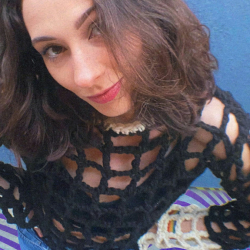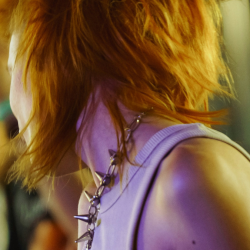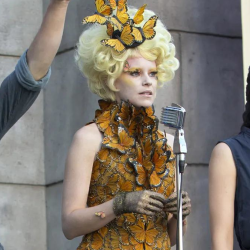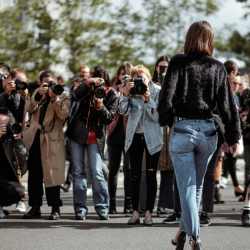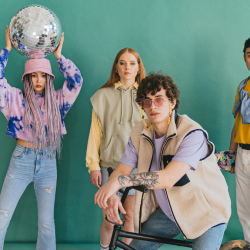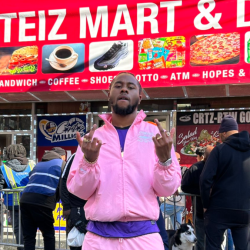There are two main options available when someone realizes they’ve made a mistake
Double down and dig in or address the mistake and try to course correct. Faced with these choices, most of us would probably say that the second option is the right one. The same options are available to brands, and to celebrities and public figures (brands in their own right). It’s astounding how powerful a genuine apology can be. Just take a look at the overwhelmingly positive reception to swift — and swiftly actioned — apologies from celebrities like Lizzo and Beyonce.
In life, and in the brand world, knowing when to issue a mea culpa and course correct is an incredibly valuable skill. Not only does it help to save face, but apologizing and striving to do better next time is much more energy efficient than doubling down. So why is it so difficult to admit when we’ve made a mistake? And why do we so often continue on a path we know deep down is not right, rather than shifting course.

The sunk cost fallacy has much to answer for
It’s easy to feel that once you’ve invested time, money, or effort into something you should see it through. Academics have tried to model susceptibility to the sunk cost fallacy — there’s even a short test you can take to measure your own susceptibility and the factors that influence you, whether that’s effort, time, money, emotion, or belief. In a 2021 study, researchers David Ronayne, Daniel Sgroi, and Anthony Tuckwell found that ‘to avoid decision-making biases, you need the ability to recognize the fact that you’re facing a situation in which you should override your instincts.’ No easy feat when we all come preloaded with our own biases.
Ultimately, avoiding the sunk cost fallacy requires us to be willing to admit we may have made a mistake — and that can be challenging, especially for brands who have invested considerable budget. But a 2022 Forrester study found that apologies go a long way for brands. According to the study, 41% of consumers said they would be happy to return to a brand that owns up to a mistake and issues an apology. For brands, there is much to be gained by acknowledging faux pas. Take, for example, this apology from the agency behind the ‘same bun‘ creative that was part of Burger King Austria’s 2022 Pride campaign: ‘Our strongest concern is if we offended members of the LGBTQ Community with this campaign. If this is the case, we truly apologize. We’ve learned our lessons and will include experts on communicating with the LGBTQ community for future work as promoting equal love and equal rights will still be a priority for us.‘

Of course, there are instances where brands too readily change course. Alongside creeping anti-LGBTQ+ sentiment, we’re already seeing some US brands ‘course correcting’ in troubling ways. In April, Bud Light attempted to distance itself from trans influencer Dylan Mulvaney following boycott threats, angering people on both sides of the culture wars. Meanwhile, US retailer Target is facing backlash for moving Pride merchandise away from its usual front-of-store position — a major departure from the last 10 years and a troubling change of course away from open support of Pride.

Some brands are standing firm…
Disney has held its position of support for the LGBTQ+ community, despite punitive efforts from Florida Governor Ron DeSantis. While we’ve become accustomed to rainbow-washing come June, Pride 2023 is already taking on a different hue across parts of the US. Amidst the rising furore of the culture wars, brands will need to decide whether, like Disney, they are ready to stand and fight.

Featured image: Isi Parente / Pexels























